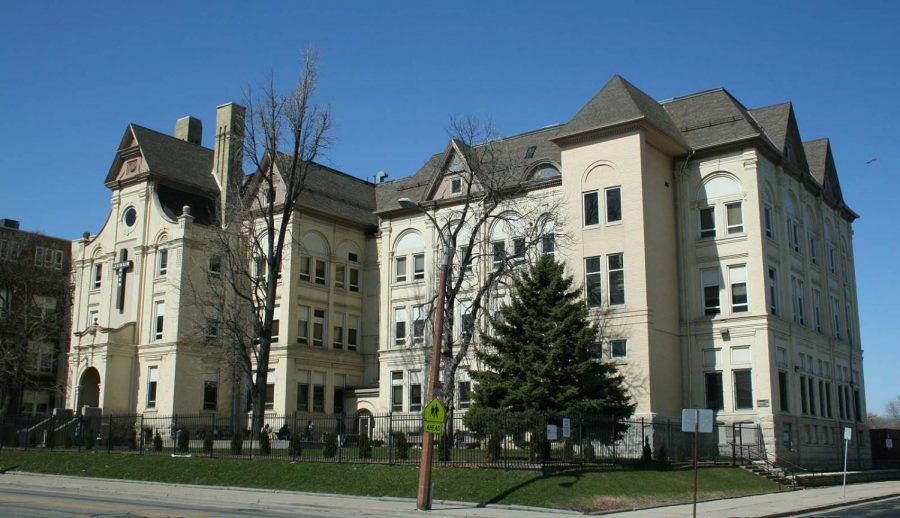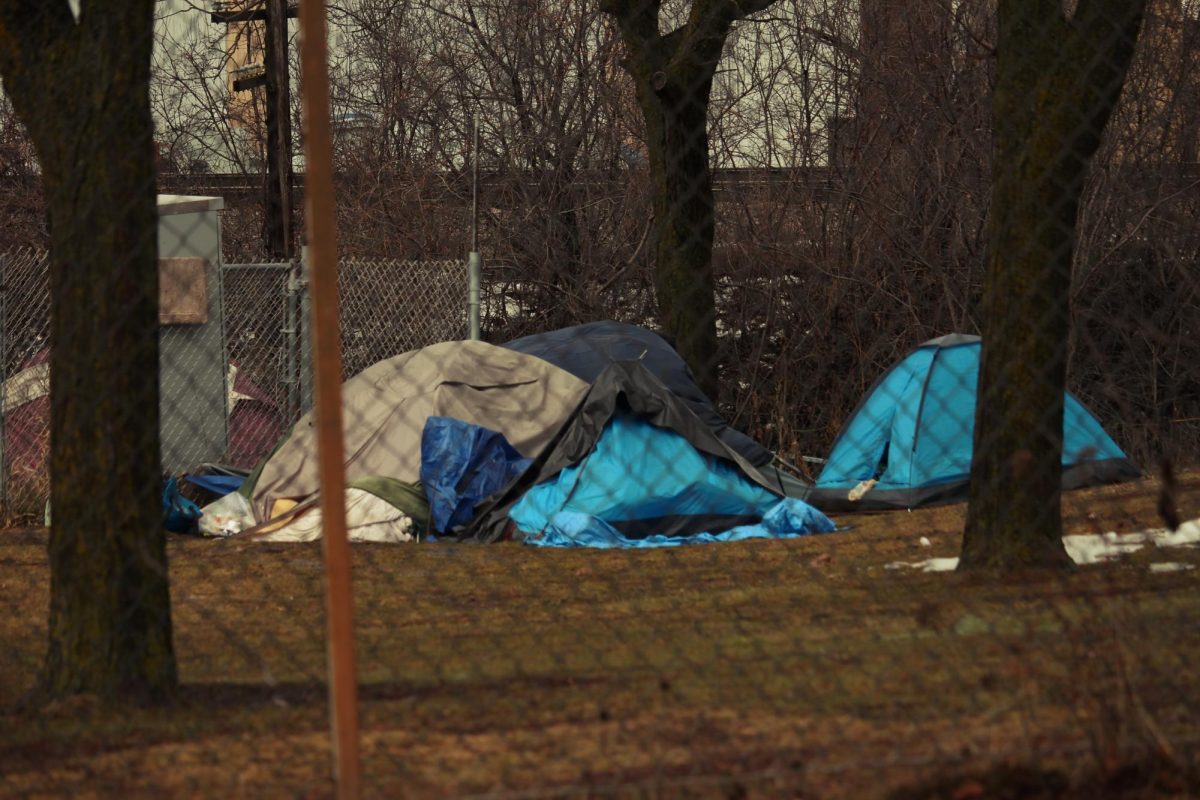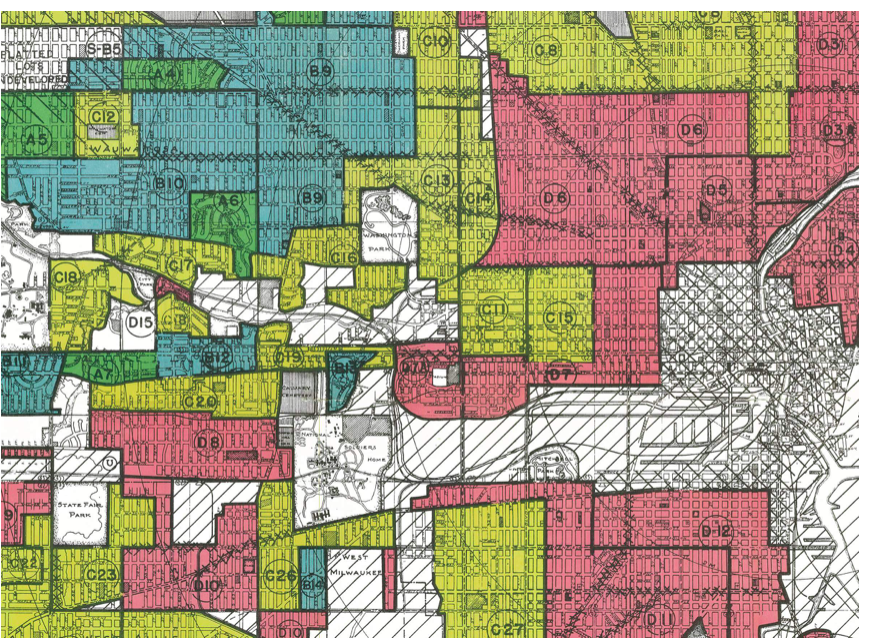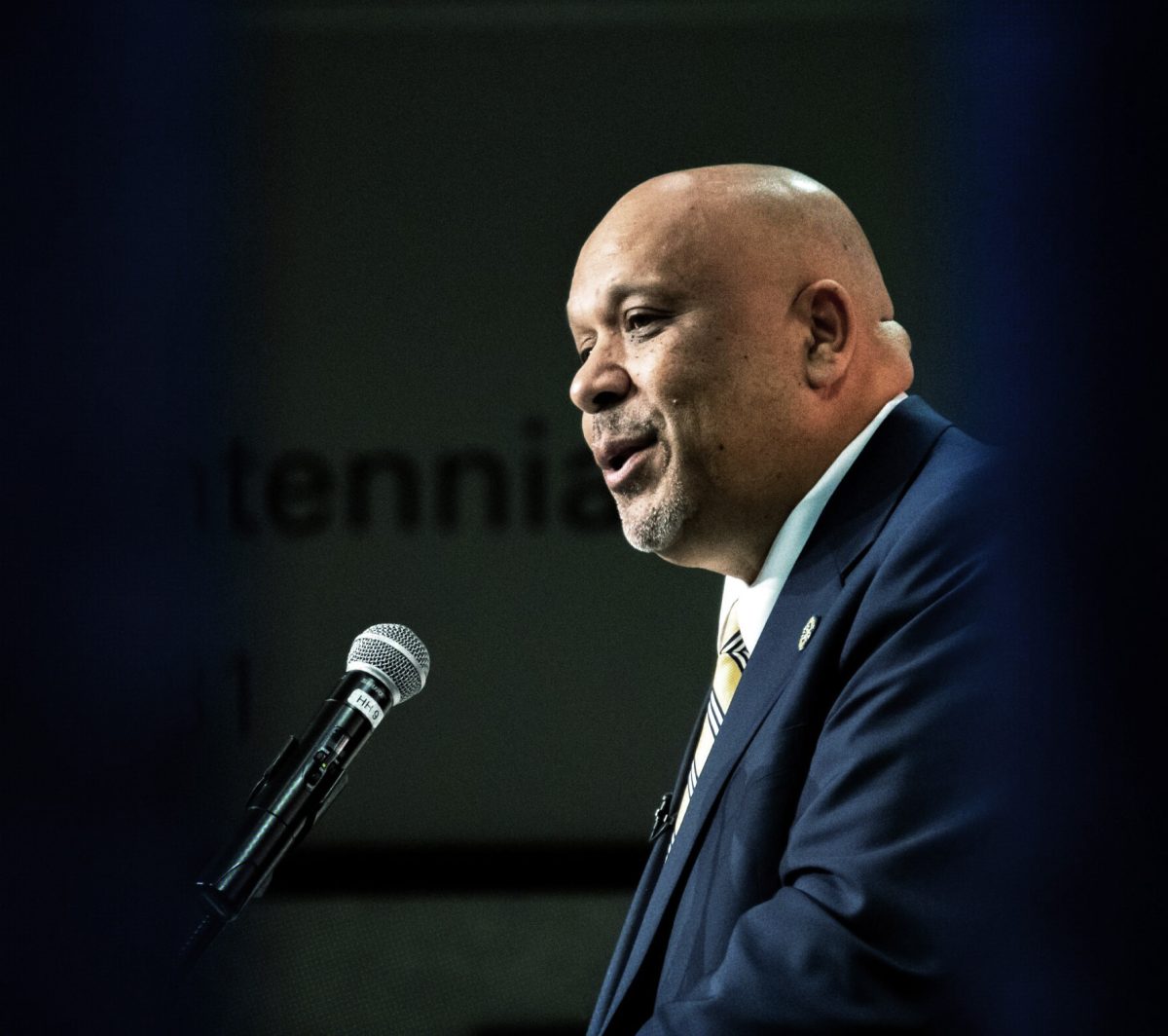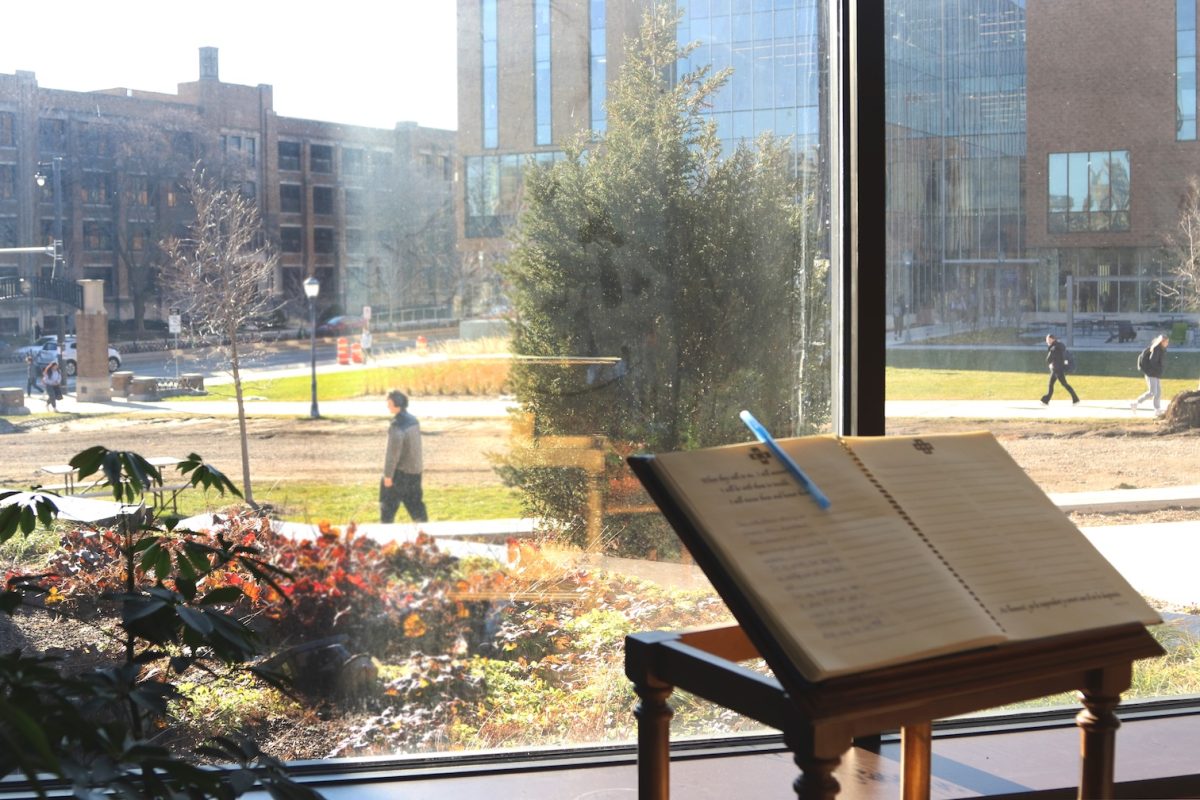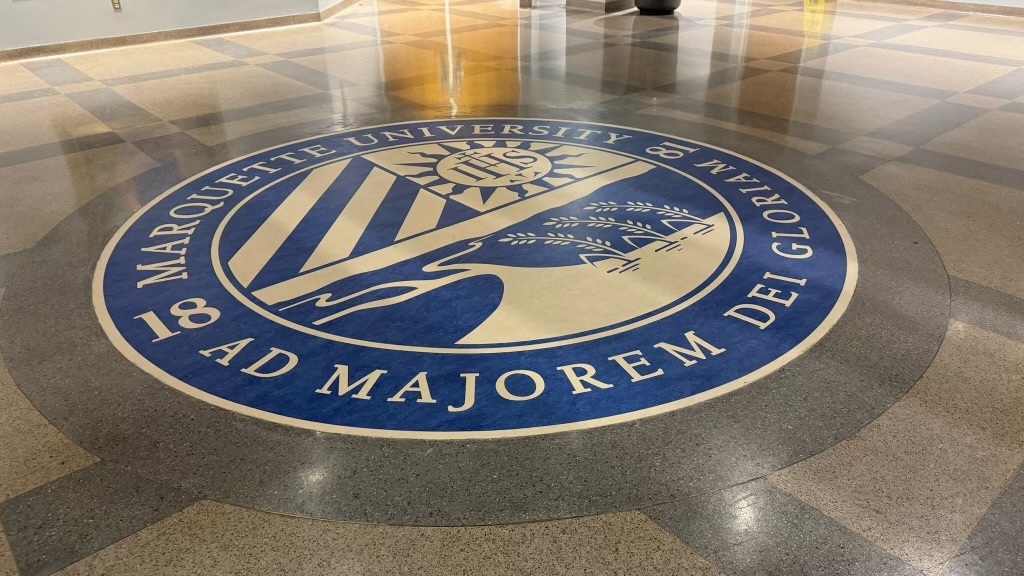I woke to a text from the Marquette University Police Department March 29 which stated, “MUPD is assisting with a death investigation of a non-MU subject at 19th and Wisconsin.” I took it as another one of Marquette’s safety alerts and sat there not wanting to get ready for class.
I suddenly realized I was on 19th Street. I quickly got up and rushed to open the blinds to find swarms of police cars, news vans and an ambulance. They were parked right outside Mashuda Hall. I stood there in my residence hall while a man was being carried on a stretcher into an ambulance.
The police came across a 53-year-old homeless man named Johnny Smith who was killed by a significant head injury, according to Fox.
Marquette University did not make enough of an effort to show they cared about the death or others like it. Besides the text message, no other communication was sent out to the community to give further information.
There is no excuse that can be made that would justify Marquette staff and students ignoring these kinds of instances. We need more than just involvement on the scene from MUPD. They are occurring right on Marquette’s campus, so it directly impacts students and Marquette University.
Marquette University prides itself on being a campus within an urban area. It is one of Marquette’s biggest selling points. When I came to Marquette, I was told multiple times of the benefits of attending a university that integrated so well into Milwaukee and the kinds of opportunities it provided.
Although there are benefits to attending college in a city, the Marquette community needs to acknowledge social responsibility for the injustices and disadvantages in Milwaukee. We must be aware of the surrounding areas outside Marquette, not just what occurs on campus. Homelessness and poverty are serious issues, and Marquette community members and the institution itself, must work to address these problems.
The difference between one number in a Milwaukee ZIP code can make the biggest difference in aspects such as life expectancy, economic status and more. In a Wisconsin Public Radio interview with Bevan Baker, a city health commissioner discussed how poverty in the city is consistently one of the most imperative issues that needs to be tackled.
“The difference of growing up in one of two zip codes…is 12 years, is about 4,380 days difference of life expectancy,” Baker said in the interview and also reported by the Journal of Patient Centered Research and Reviews.
Milwaukee has a 27.4 percent poverty rate, which is more than double the national rate as reported by the U.S Census Bureau, according to Census data. The U.S. Census Bureau reported that approximately 1,000 people every night are forced to live on the Milwaukee streets and 1.3 percent of the Milwaukee population is homeless.
Some of us might already know the disadvantages Milwaukee faces and have learned about the stark differences between Milwaukee ZIP codes in our classes. Now, as the Marquette community, we must act upon these injustices rather than just teach or learn about them for an hour in lecture.
One way to truly integrate into the community is to join forces with Milwaukee nonprofit organizations that aim to alleviate these issues of homelessness and poverty. This includes organizations like Hope House of Milwaukee, Milwaukee Rescue Mission or United Way of Greater Milwaukee. These kinds of nonprofit organizations allow anyone to help better the city and create a brighter future for the underprivileged individuals of Milwaukee by doing anything from working on site projects to helping students after school with their homework. No matter the deed, it can still have an impact on the city.
Marquette must also implement solutions as an institution because of the significant power it holds in the Milwaukee community. The university should expand job opportunities to people exclusively in the Avenues West neighborhood and provide opportunities for growth in their job positions. Working with local businesses and encouraging expansion in the direct Marquette surrounding areas will allow for better integration with our neighbors. Presence can go a long way.
Marquette should also have increased representation at city and neighborhood meetings to provide a voice and comfort for Milwaukee citizens. It must be there to show others that they care and are there to help in whatever ways necessary.
Marquette students and staff must not take the advantages the city provides for college students without being aware of the significant problems that affect people’s daily lives. We must do our part as Milwaukee residents to help better the city with the privileges we have.


